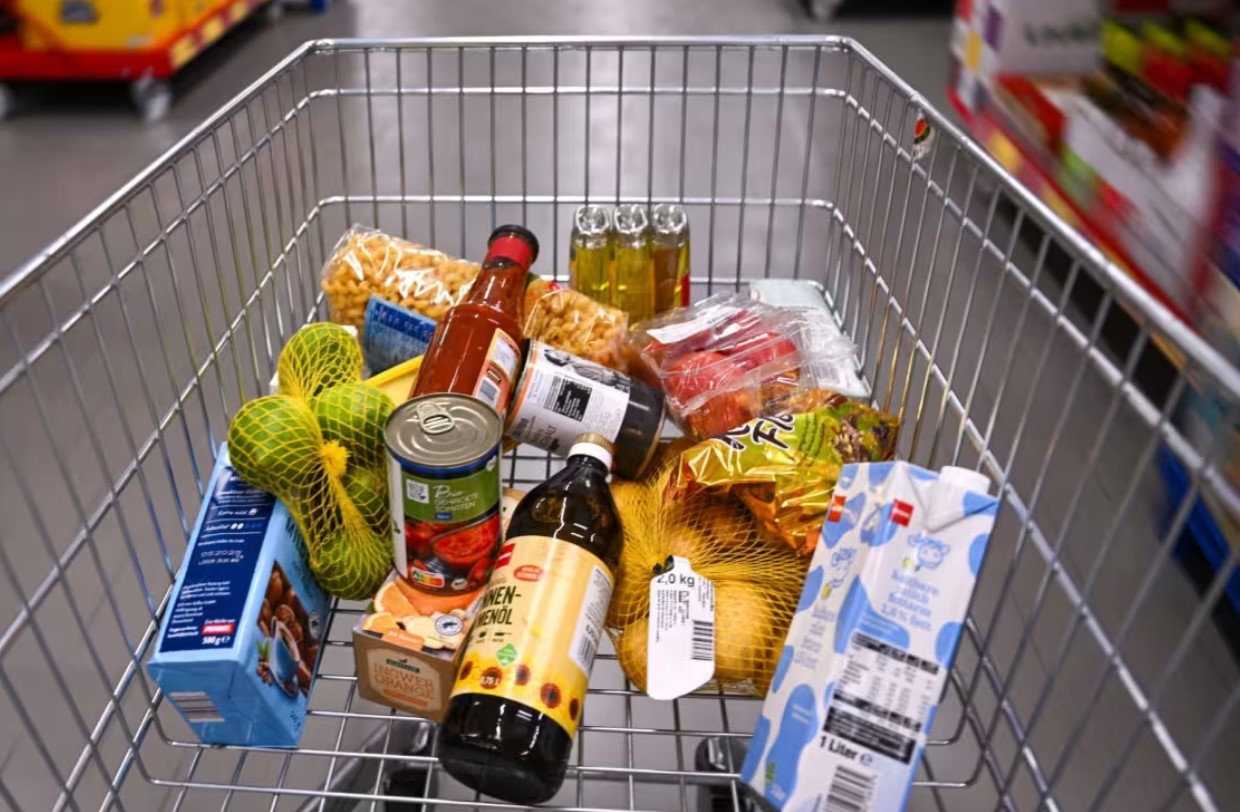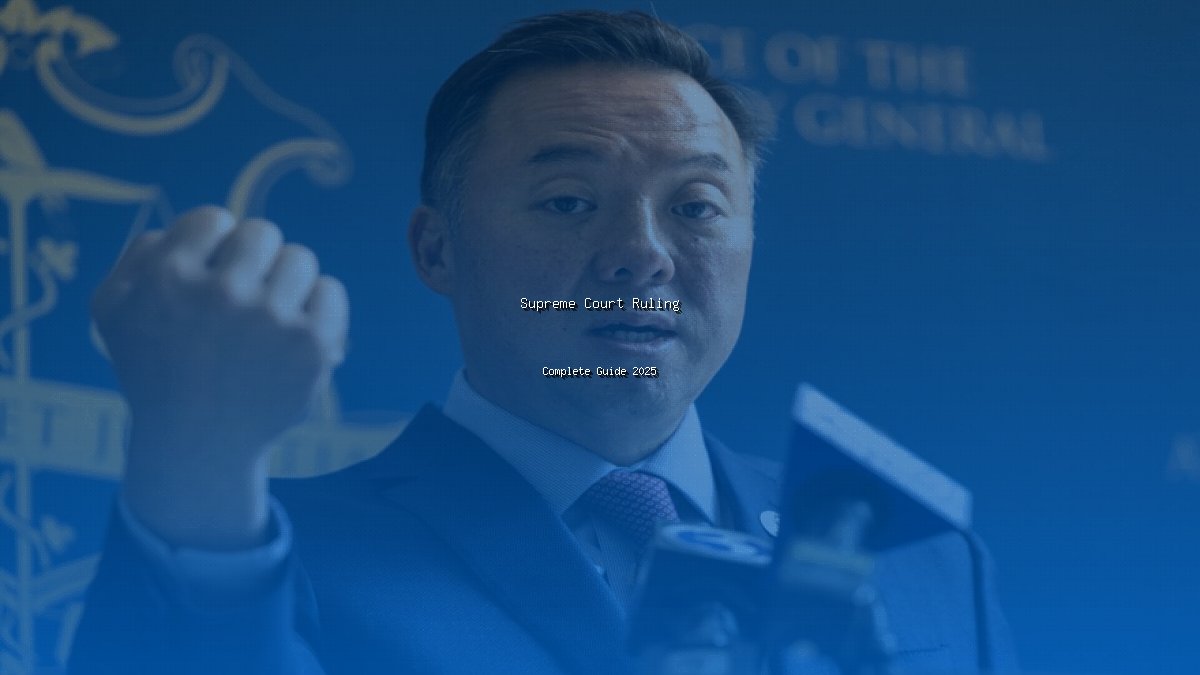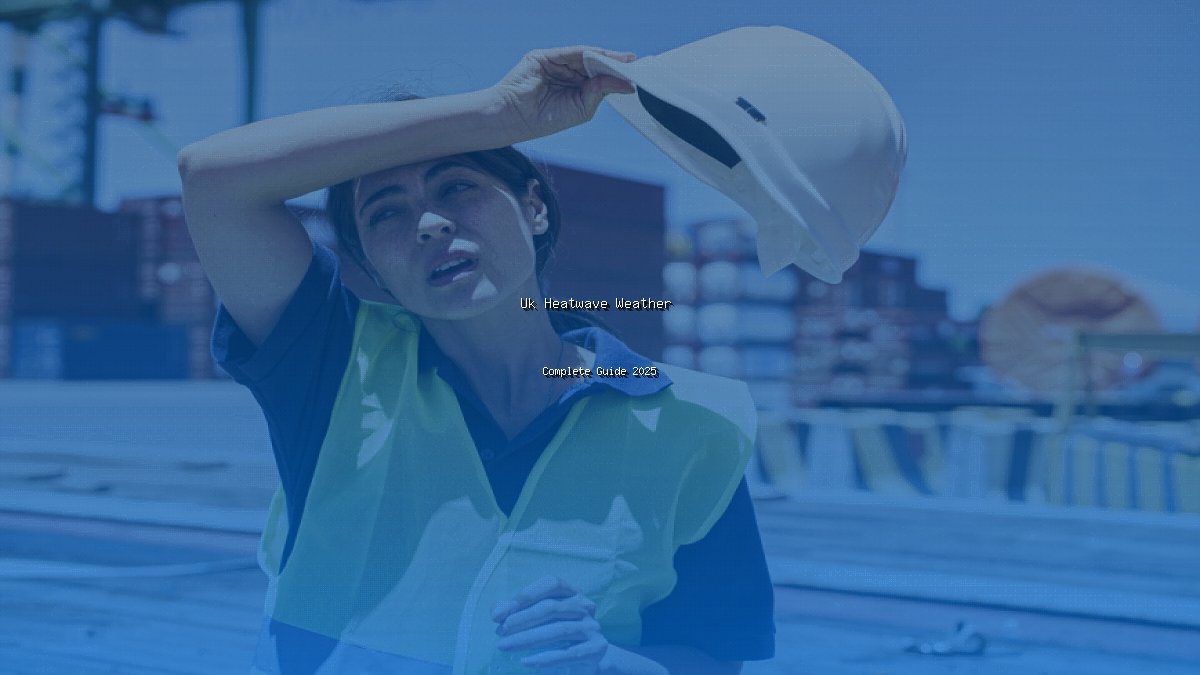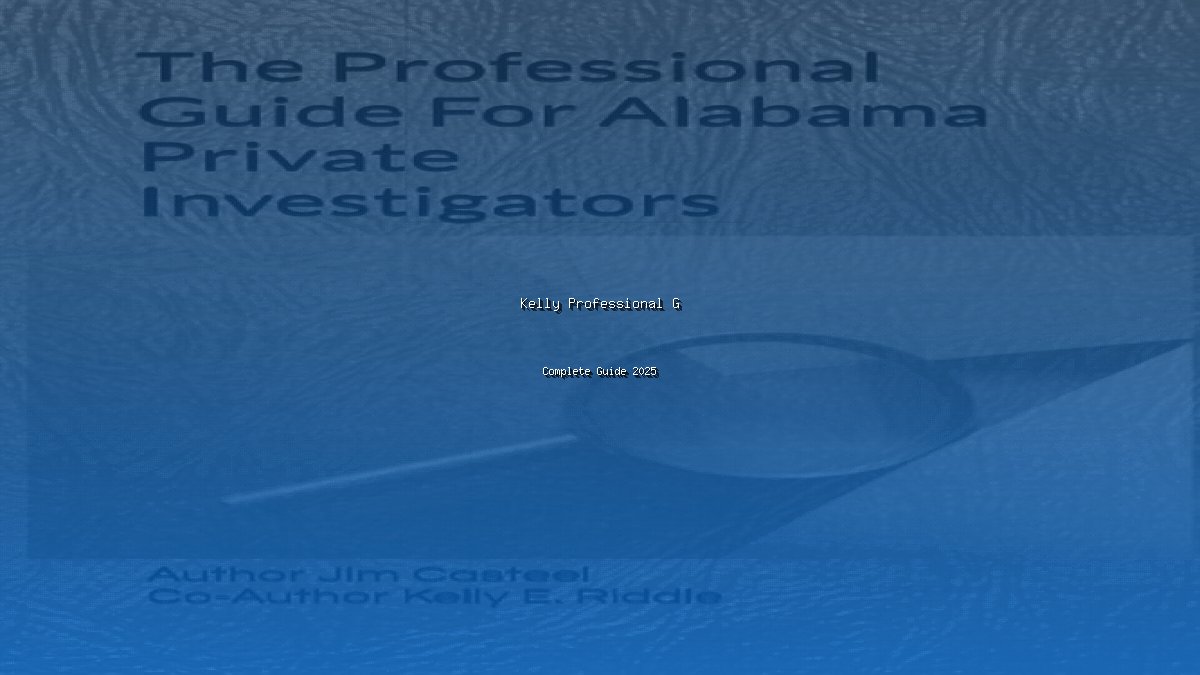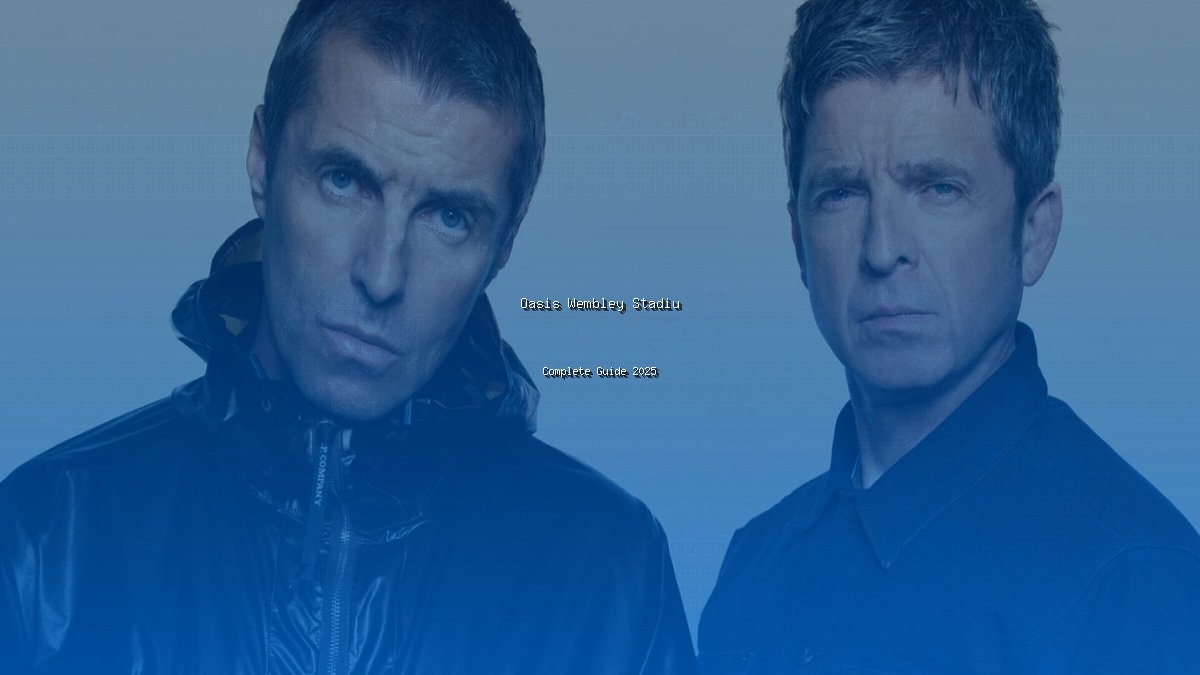EU Urges 72-Hour Emergency Prep: Stockpile Essentials Today!
- Update Time : 11:11:02 am, Thursday, 27 March 2025
- / 186
Yikes, talk about anxiety fuel. So, the EU’s gotten pretty twitchy lately—like, “go stock up on canned beans and batteries” twitchy. And honestly? Can you blame ‘em? Between the war in Ukraine, the ongoing COVID mess, and some seriously sketchy international vibes, it feels like we’re one volcano eruption away from a blackout bingo.
So here’s the gist: Brussels is all but shouting “Hey, maybe don’t wait until the power’s out to wonder where the candles are.” They want everyone to keep enough stuff—water, food, meds, some way to see in the dark—to last at least 72 hours. Three days doesn’t sound like much until you try it with nothing but dry pasta and whatever’s in the back of your fridge. And don’t forget your ID, ’cause apparently, bureaucracy survives the apocalypse too (naturally).
Russian vibes are getting… spooky? Intelligence folks are basically saying, “Could Russia pull something wild? Maybe, like, real soon.” So, the EU’s trying to bulk up defense, but they also wanna make sure regular people aren’t totally helpless if stuff goes sideways.
This isn’t just a “panic now” scheme. The EU’s even floating the idea of a Preparedness Day. Yep, like Earth Day, but instead of picking up trash, you check your stash of energy bars and fire extinguishers. No date on the calendar yet, so you can hold off on the annual “disaster selfie.”
And for the kiddies? They want schools teaching what to do when something nasty goes down. Honestly, better life skills than whatever trigonometry was supposed to teach us.
Underneath all this, Europe’s busy beefing up its defense cash pile. The war in Ukraine made it pretty clear: being ready isn’t a side quest, it’s the main game. Stockpiles, alert systems, the works. The thinking is, prevention beats picking up the pieces later.
Oh, and there’s a push for an “EU crisis hub”—picture a big room full of sweaty bureaucrats frantically shuffling papers whenever the lights flicker. The idea? Get all the member countries on the same page, cut the chaos, and, fingers crossed, help out faster when things get hairy.
Honestly, Finland and Sweden are the cool kids here—they’ve been practicing doomsday drills long before it was trendy. Their whole vibe is, “Stay ready so you don’t gotta get ready,” and the rest of Europe’s finally taking notes.
Look, the world’s gotten weird, and the EU’s just saying, “Don’t get caught flat-footed.” So if you suddenly find yourself hunting through the supermarket for a camping stove, hey, at least you’re living that cutting-edge Euro lifestyle (minus the croissants).


